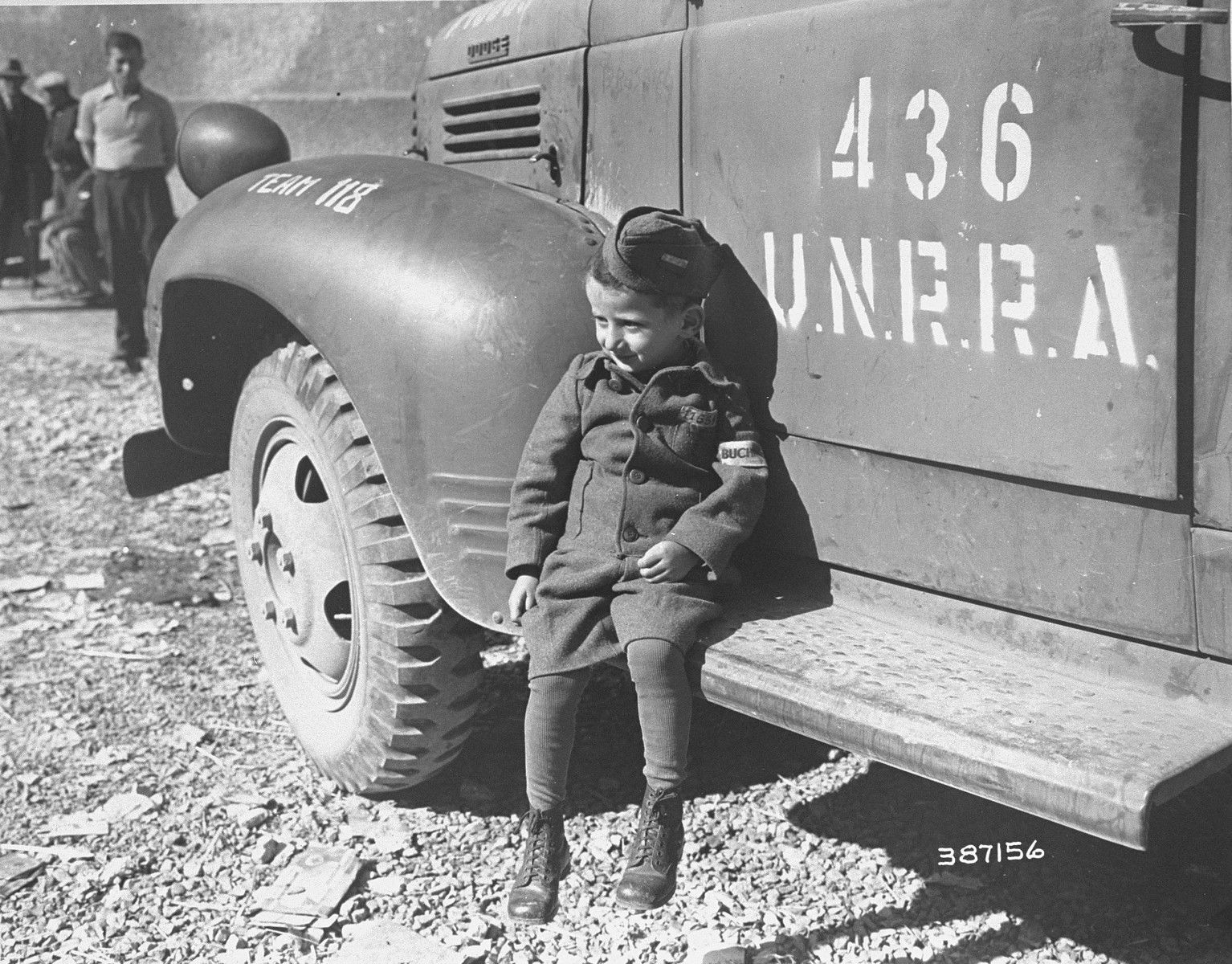On 12 February 1946, the UN General Assembly adopted a resolution regulating the refugee issue.
The document differentiated the concept of genuine refugees and displaced persons from the concept of war criminals who fled from the jurisdiction of the occupation authorities or from being extradited to their respective countries for punishment.
“The General Assembly,
(...)
(c) recommends to the Economic and Social Council that it take into consideration in this matter the following principles:
(i) this problem is international in scope and nature;
(...)
(iii) the main task concerning displaced persons is to encourage and assist in every way possible their early return to their countries of origin (…);
(d) considers that no action taken as a result of this resolution shall be of such a character as to interfere in any way with the surrender and punishment of war criminals, quislings and traitors (...);
(e) considers that Germans being transferred to Germany from other States or who fled to other States from Allied troops, do not fall under the action of this declaration in so far as their situation may be decided by Allied forces of occupation in Germany, in agreement with the Governments of the respective countries”.
The resolution also prescribed the creation of a special organisation responsible for the refugee issue. The International Refugee Organisation (IRO) was founded by the UN on 20 April 1946. It would become the successor to the United Nations Relief and Rehabilitation Administration (UNRRA) operating in areas liberated from occupation.
In 1949, the refugee organisation would be replaced by the Office of the United Nations High Commissioner for Refugees, which is still active today.
Source:
Question of Refugees [1946] UNGA 24; A/RES/8 (I) from 12 February 1946
























